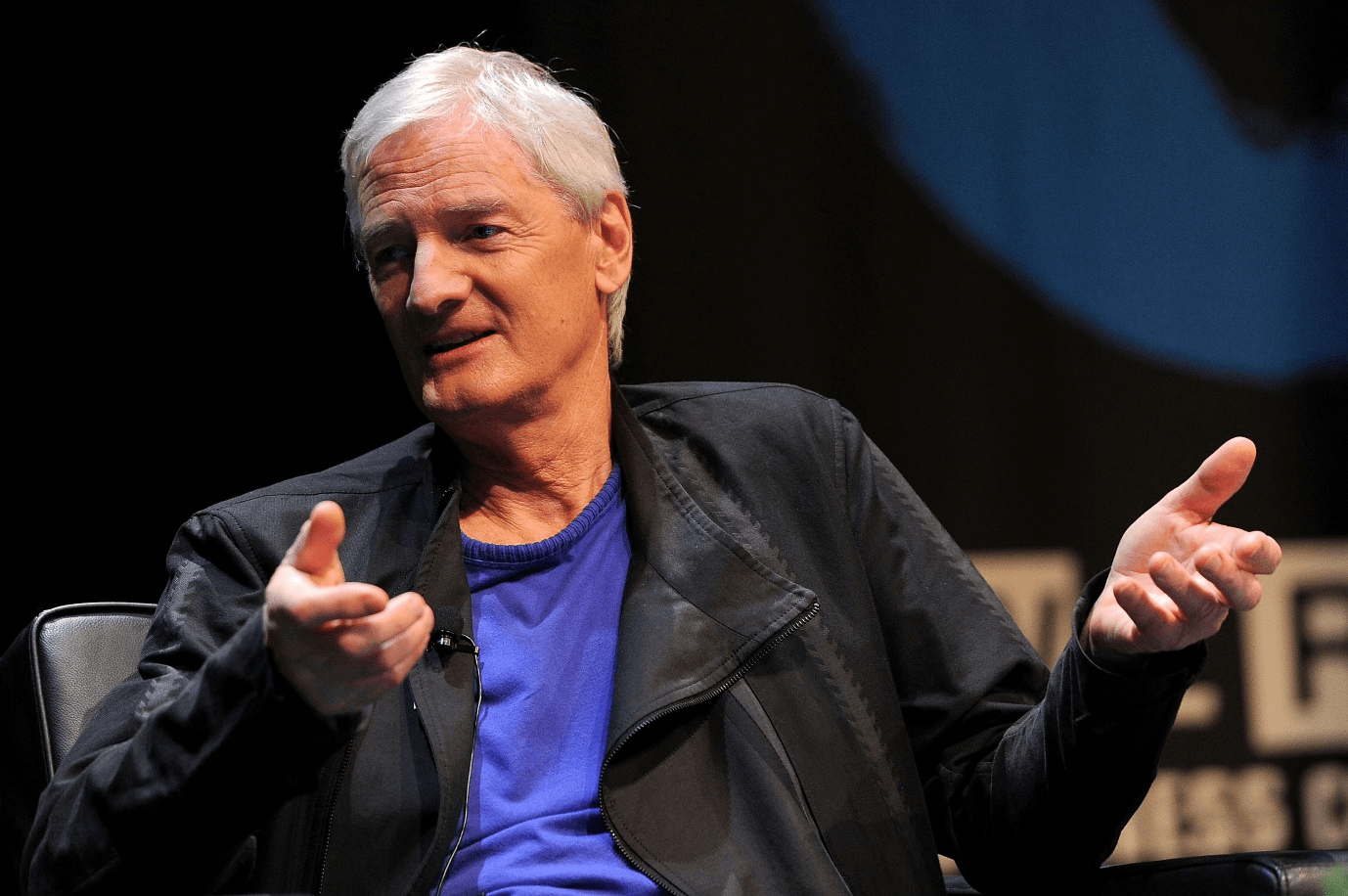
Why Skills-First Leadership Is Replacing the Ivy League Playbook in the C-Suite
The old prestige pyramid—where Ivy League degrees and blue-chip consulting backgrounds paved the way to the CEO seat—is cracking.

April 15, 2021: -British home appliance giant Dyson, famous for its vacuum cleaners, will hire 450 new staff in Singapore and the U.K. The new hirings will be a part of Dyson’s £2.75 billion global technology investment plan as it seeks to expand research into advanced robotics and artificial intelligence.
On Wednesday, the company said that its global headquarters in Singapore, Dyson, will recruit 250 new engineers to double its existing software and electronics, engineering teams. The firm currently employs around 1,400 people in the city-state, almost half of engineers and scientists.
Dyson plans to set up a cybersecurity research center in Singapore, Dyson said. In 2019, the British technology firm announced that it would shift its headquarters from Wiltshire, U.K., to Singapore, citing growth opportunities in Asia, which was criticized as its billionaire founder James Dyson was an advocate for Brexit.
“We are growing our research and engineering teams to achieve radical leaps in the performance of our machines, underpinned by technologies such as solid-state batteries and robotics,” says the founder of the company and chief engineer, Dyson.
In the United Kingdom, over 200 people will be hired at Dyson’s Malmesbury and Hullavington innovation campuses in science and research roles, the company said.
The new roles will focus on breakthroughs in AI, machine learning, and high-speed digital motors and sensing technology. Above 4,000 people, mostly engineers and scientists, work at Dyson’s U.K. offices.
Dyson’s research and development teams are spread across the U.K., Singapore, Philippines, Malaysia, and the United States. The company scrapped plans to build electric cars in 2019.

The old prestige pyramid—where Ivy League degrees and blue-chip consulting backgrounds paved the way to the CEO seat—is cracking.

Loud leaders once ruled the boardroom. Charisma was currency. Big talk drove big valuations.

But the CEOs who make history in downturns aren’t the ones with the deepest cuts

Companies invest millions in leadership development, yet many of their best executives leave within a few years. Why?

The most successful business leaders don’t just identify gaps in the market; they anticipate future needs before anyone else.

With technological advancements, shifting consumer expectations, and global interconnectedness, the role of business leaders

At seventeen, Professor Richard Rose stepped into a world few adults dare to navigate: the world of children fractured by trauma. He wasn’t a clinician then, nor a scholar. He was simply a young man with a heart tuned to the quiet ache of others.

Following a distinguished Law Enforcement career Joe McGee founded The Securitatem Group to provide contemporary global operational specialist security and specialist security training products and services for private clients, corporate organisations, and Government bodies. They deliver a wide range of services, including complete end-to-end protection packages, close protection, residential security, protection drivers, and online and physical installations. They provide covert and overt investigations and specialist surveillance services with a Broad range of weapons and tactical-based training, including conflict management, risk and threat management, tactical training, tactical medicine, and command and control training.

Jay Wright, CEO and Co-Owner of Virgin Wines infectious energy, enthusiasm, passion and drive has been instrumental in creating an environment that encourages talent to thrive and a culture that puts the customer at the very heart of every decision-making process.

Fabio de Concilio is the visionary CEO & Chairman of the Board at Farmacosmo, a leading organization dedicated to mental health and community support services. With a deep commitment to identifying and meeting customer needs, Fabio ensures that high standards are maintained across the board.

Leave us a message
Subscribe
Fill the form our team will contact you
Advertise with us
Fill the form our team will contact you